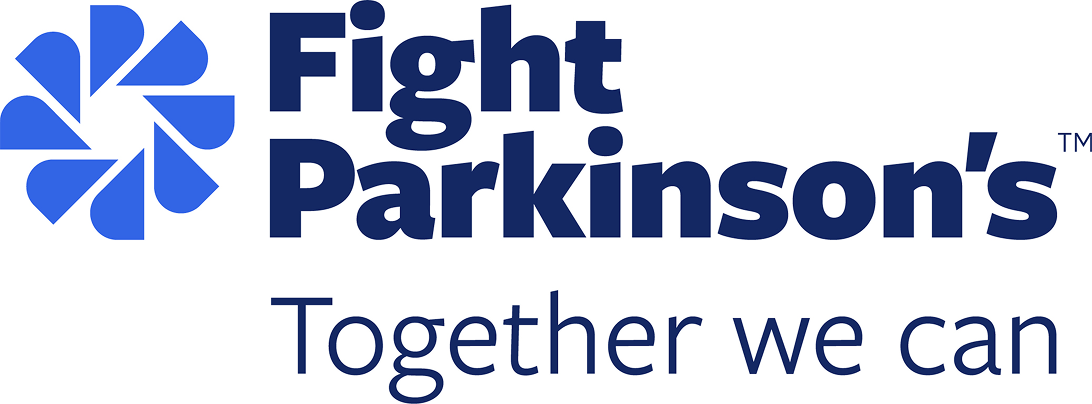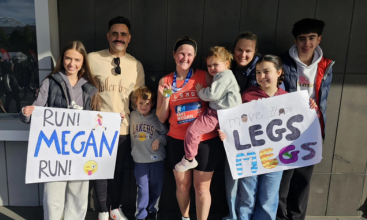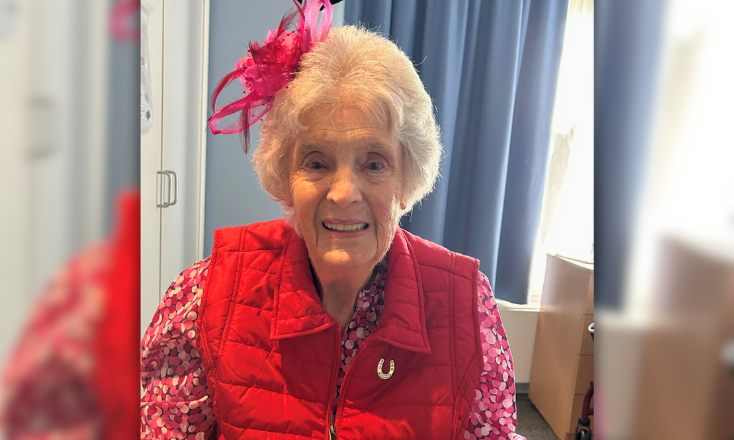Care workers play a vital role in supporting people living with Parkinson’s and Atypical Parkinson’s conditions (Progressive Supranuclear Palsy (PSP), Multiple System Atrophy (MSA), and Corticobasal Syndrome (CBS).
Quality care helps individuals maintain independence, dignity and quality of life.
Parkinson’s and Atypical Parkinson’s are complex, progressive neurological disorders that can affect movement, thinking, mood and daily activities. Common symptoms may include:
- tremor, stiffness and slowed movement
- balance problems and falls
- fatigue
- speech or swallowing difficultie
- sleep disturbance, anxiety or other non-motor symptoms
Atypical Parkinson’s conditions may resemble Parkinson’s at first, but they tend to progress more quickly and respond less effectively to medication.
Because Parkinson’s affects everyone differently and symptoms can vary from day to day, the right knowledge and strategies are essential.
What does quality care look like?
Quality care for people living with Parkinson’s, PSP, MSA or CBS
- Respects independence – encourage individuals to do as much as they can for themselves, even if it takes more time
- Supports communication – allow extra time for responses and be mindful of changes in voice or facial expression
- Assists with mobility and safety – look out for freezing of gait, support safe movement and help reduce fall risks
- Helps with meals and medication – understand the importance of medication timing and watch for swallowing difficulties
- Provides emotional support – offer empathy and reassurance to support good mental health
- Adapts to daily changes – symptoms can fluctuate, so flexibility is key.
Expert support for care workers
Our multidisciplinary health team supports care professionals with best practice advice, symptom management, and guidance on community services.
- Call our free and confidential information line Monday to Friday, 9am–5pm (excluding public holidays).*
- Email [email protected].
*Translation support is available.
Build your understanding through learning
Fight Parkinson’s offers on-demand online education for care workers.
These courses will give you practical strategies to support clients living with Parkinson’s, helping them to live a fuller life.
- Gain an understanding of Parkinson’s and its main symptoms
- Learn practical strategies for care and daily support
- Explore communication and safety tips
- Understand approaches to palliative care and symptom management.
- Recognise the importance of multidisciplinary care
Courses available include:
Digital and print information resources
We provide practical information resources to help care workers understand and support management of Parkinson’s symptoms.
Professional development for care workers
Fight Parkinson’s multidisciplinary health team can deliver in-person or online education in health care settings such as aged care, residential care and in-home care.
Sessions run for about an hour and are designed for groups.
Experienced Parkinson’s educators deliver these sessions to help build knowledge and practical skills to empower carers and improve care.
Please note sessions are provided at a cost.
To arrange training and request a quote complete the professional development enquiry form.
You make a difference
By building your knowledge of Parkinson’s and applying best-practice care, you can make a meaningful difference every day. Your role as a care worker helps people living with Parkinson’s remain connected, supported and in control of their lives.




